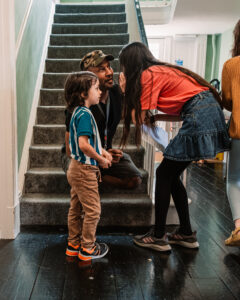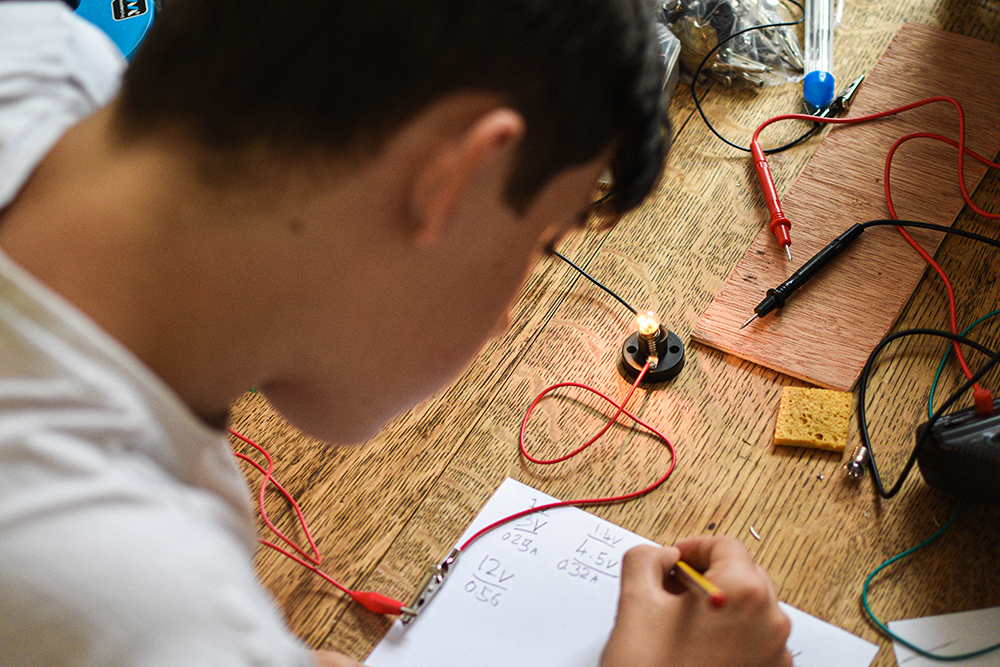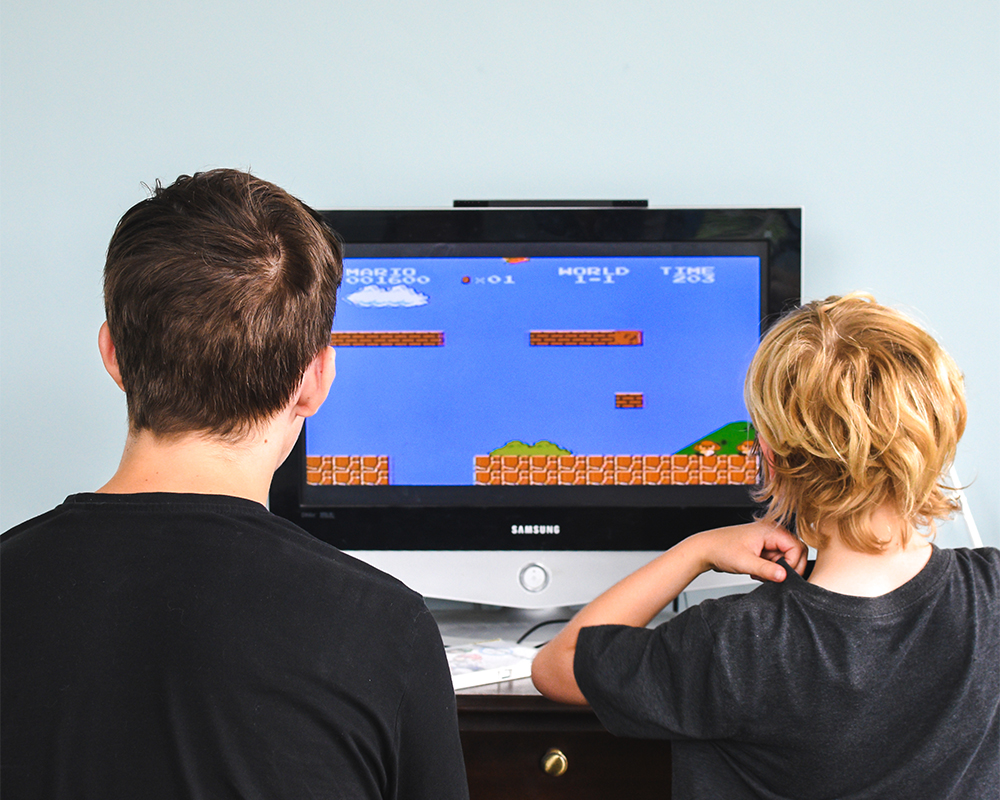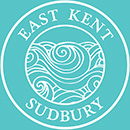Learning, determination, motivation and self-growth are completely and entirely personal. When guided by others without seeking or consenting to it, they are often superficial. For guidance to be effective you must be open to it, want it or need it. I think most of us know this to be true if we think about our lived experience.

I would never claim that democratic, self-directed learning is for everyone. I know that for some children, the traditional system leaves no visible scars and will be remembered fondly by them in years to come. Those of us who look for something different for our children, often enter a world where our choices are questioned and feared. These choices are often seen as experimental, despite the fact that many models have a history of proven outcomes and despite the fact that not everyone leaving mainstream education leaves having attained the standard of success the system is built around. Summerhill, the world’s first children’s democracy is now 100 years old and Sudbury Valley School, more than 50 years old. Many other schools have formed and followed in their paths, yet they are so outside of the traditional system, that despite the mass of successful graduates going on to lead fulfilled and happy lives, they are still seen as a risky alternative.
It can be a brave and scary thing to give your children the freedom and responsibility to educate themselves. It can feel so passive in approach that it feels neglectful – social conditioning can be a powerful force! Those of us already on this path have likely been on a long journey to get here. The judgment that often comes from those you hold dear can be hard to understand, especially when for ourselves, it isn’t always a journey without doubt or occasional fear. I’m sure many of us who believe that education can be entirely consensual, still have these moments of self-doubt and concern. But tell me this – do you or did you, have the same worries about your child when following the norm? Worries such as; Is it the right place for them? Are they keeping up? If not, why not? Are they happy? Being a strong advocate doesn’t negate the worry of whether we are doing the best for our children as it’s a universal feeling in parenting to question our choices. However, all these years on, I only have to look at my children’s achievements, knowing that they ‘own’ every single one of them and watch them grow in confidence and individuality, to know that for us, self-directed education was and is the right path.

Most people when they really think about it know the significance self-directed learning, self-motivation and determination have had in their own lives. We often think of education as solely what we were taught at school, and we don’t equate it to the depth of knowledge that we gained from our parents, family, our culture, our experiences and the environment around us. We don’t see education as an ongoing process, yet we know that it is important for self-growth and happens continuously. I fear the word education has become so entangled with the traditional school system that we end up measuring our worth and that of our children by how well they obtain the same knowledge as everyone else in a short period of time. And when none of the other stuff we know or we can do, is included in that assessment of worth then it’s unsurprising that many children and adults are left with feelings of failure and shame. Thinking about our own experiences through a new lens can help us realise that self-directed learning is often more meaningful and long-lasting and can have a far bigger impact on our lives than learning that’s nonconsensually taught. It’s what makes us unique and what guides us to achieve and do the things that make us happy.
So what does Self-Directed Education actually mean? It means simply that the learner has decided for themselves (without coercion) to learn and engage in what it is they are learning. This can be achieved in so many different ways, we can’t even think of them all. It can include sought-out teacher instruction for sure but often starts as a spark of interest and subsequent self-exploration. It can be learning by doing, by watching, by organising or even as a complete by-product of something else you are trying to achieve. SDE above all gives you the tools to learn how to learn most effectively for you.

Think about it this way – Most of us had subjects that we excelled at in school – be it sports, maths, history or what have you. The commonality to exceeding, is usually down to our own determination or love for the subject we are learning. Of course, it may be because we loved the teacher or felt comfortable and understood or equally we may have had a natural gift in that area. More rarely is it down to extraordinary teaching alone and even when that is the case, what is it that made them extraordinary? Was it perhaps helped by the rapport they built with the class that in turn helped form a consent-based learning environment? These positive learning experiences in my opinion are nearly always down to the fact that we wanted to be taught – that in itself is a form of self-directed learning.
The education system, as it is, may have worked well for us and we know it works for many others. We also know it can and does create ‘successful’ people, yet equally, we all know others who didn’t do well at school or perhaps came away with good or average academic achievements but have really struggled in other aspects of their life. As a society, we are then quick to blame their lack of achievements or issues on them and not on the system itself, conveniently forgetting that the student has had zero input or say in their educational journey. Phrases like ‘he/she never applied themselves’ or ‘they are lazy’, ‘they aren’t naturally academic’, ‘they were a class clown’, and ‘they never reached their potential’ are all commonplace. We expect students to learn in the same way everyone else in their class learns and when they don’t, then we question what is wrong with them and not what is wrong with the system or environment.

We don’t listen or learn from the critical objections, thoughts or apparent ‘defiance’ shown by students within the traditional system. The knowledge and awareness of self and their preferences are often portrayed by others as superfluous and even perhaps shameful. Yet most of us value these very same qualities as adults. These critical and analytical thinking skills paired with self-belief are regarded with contempt and disdain when not directed in a certain permitted fashion. Yet we know they are vital in a world where the future depends on having original thought (that may not always be popular) to help the global community progress.
In SDE settings children are given the time to develop their whole being and become their most authentic selves. An education model that supports individuality, personal interests and passions and that takes into account the sum of all a child’s knowledge and not just what has been ‘taught’, is a place where confidence and ability can develop side by side in a trusting and non-judgmental way.
To choose EKS or self-directed education, in general, is to choose to trust your child. Parents and onlookers may question, ‘Can we really trust children? How can they possibly know what they need to know?’ As an ‘insider’ so to speak, I can tell you that I see children at EKS collectively managing a business and a community and learning all the skills needed to do that effectively. I see them following their passions and developing their skills and knowledge areas through their own choice and exploration. And I see them tackling moral dilemmas and distinguishing perception and perspective with both understanding and empathy and often doing all this in a more responsible and impassioned way than many adults I know.
When measuring success, we think of wealth, qualifications or our status/position in society. Maybe that’s a good definition for some but how we value success is not really definable, it’s personal.
I believe that self-directed democratic education paves the way for a new definition of success. Giving children the time to know and understand themselves, to use their voice and be listened to, to understand the importance of consent, to find the things that put fire in their belly and to nurture their complete uniqueness in order to make the most of their time on our wonderful planet, allows them to develop their own version of success. A definition that focuses on the joyful threads of humanity, happiness, fulfilment and the ability to actively engage in the society we live in. If this was a popular frame of reference for success then perhaps we would have an education system that promoted well-being above all else.
I know that our students will go out into the world with the belief they can achieve all they want to. And for me, that is all that matters.
